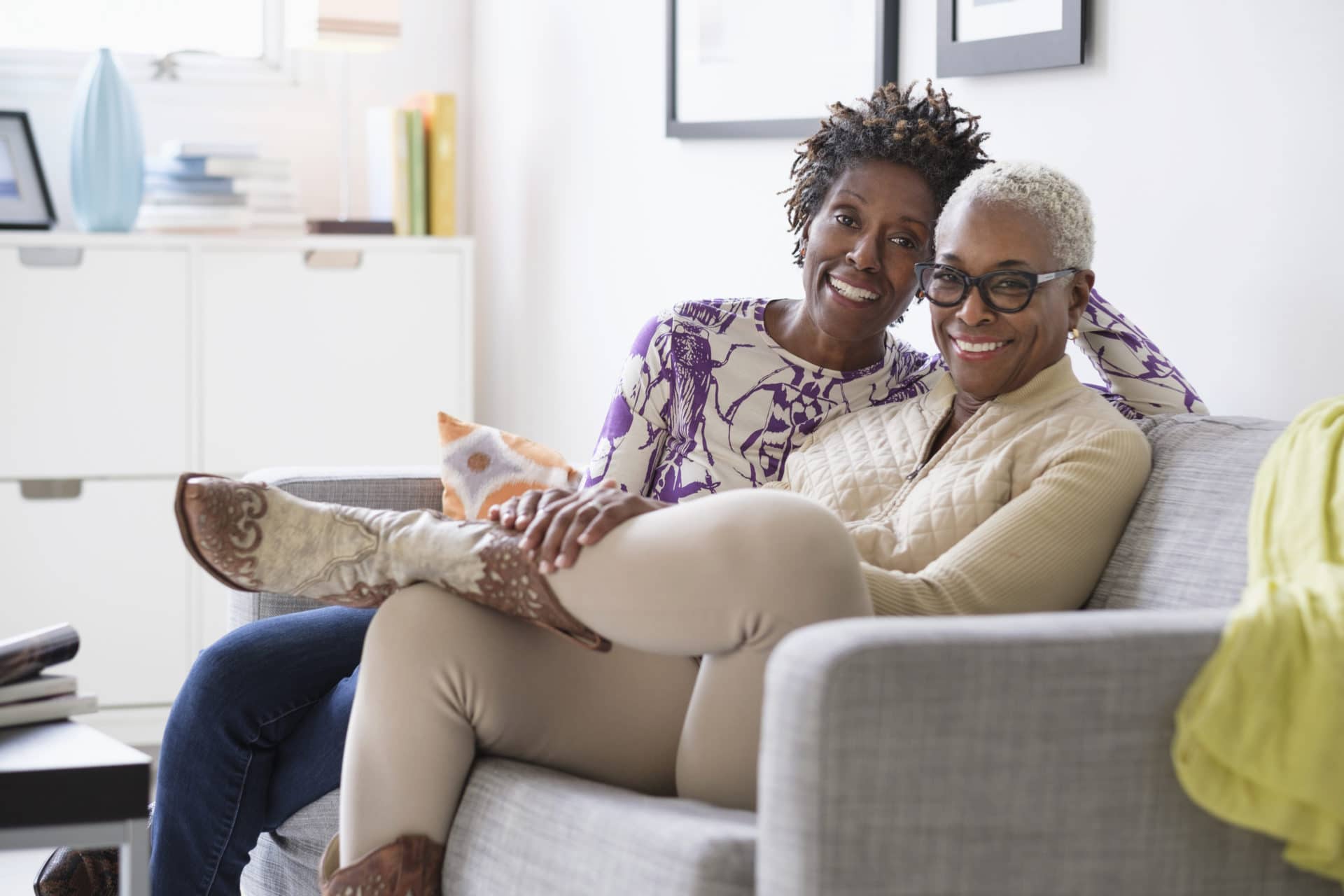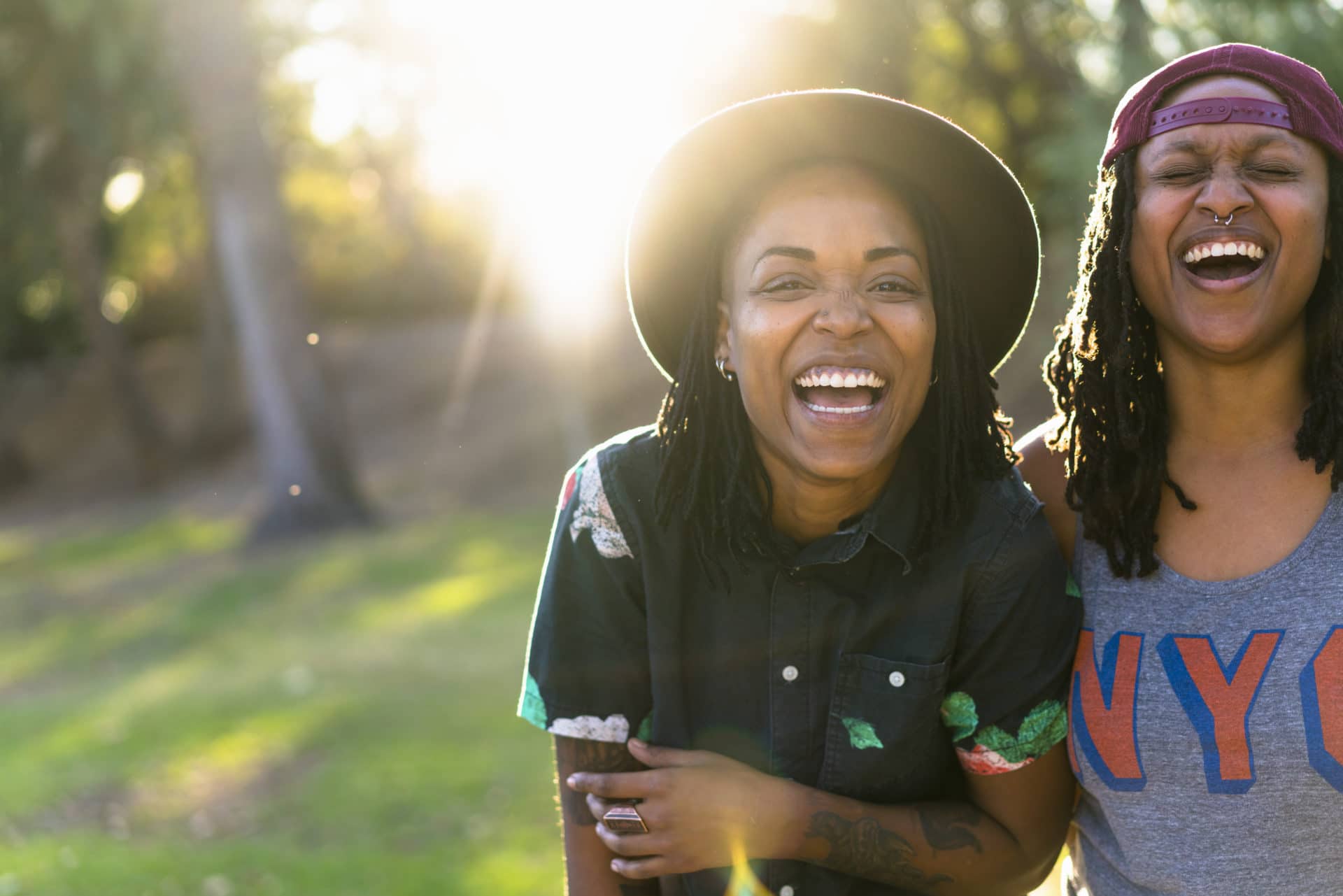I recall vividly my first experience with discrimination. I was 5 or 6 years old in Valdosta, GA and had just suffered from my first accident. I was knocked over by a bicyclist while crossing the street to meet my mother at the bus stop. I landed face forward and had a huge gash in the middle of my forehead. It was clear to my mom I might need stitches so we went to our neighborhood hospital. I remember hearing the receptionist say to someone close to her not to take in that n*gger child. I never met with a nurse or doctor.
We were simply turned away. It took well over a year for that gash to heal on its own, but the sting of not being seen because of my race has lasted a lifetime. No one should be turned away from receiving medical care for any reason. However, currently, it’s perfectly legal to do so if the person is LGBTQ. The Equality Act, introduced with bicameral, bipartisan support would seek to address this.
As a Christian, Black, lesbian woman, I am motivated to fulfill the promise of the legacy of Bayard Rustin and Pauli Murray – two LGBTQ architects of the Civil Rights Movement who were not fully protected by the very laws and legal theories they helped to manifest. Rustin was the chief organizer of the 1963 March on Washington and was the person who taught Rev. Dr. Martin Luther King, Jr. Gandhi’s philosophy of nonviolent civil disobedience.

Rev. Pauli Murray was the legal theorist behind the Supreme Court cases that gave way to many of the equal rights and protections for Blacks and women that I and others benefit from today. Both Justice Thurgood Marshall and Ruth Bader Ginsburg owe their legal successes in the field of civil and human rights to her brilliance. The Civil Rights Act of 1964 protected both of them from racial discrimination, but not the lifelong suffering of discrimination based on their sexual orientation and gender identity – some of which happened within the very movements for which they fought for each day.
The Civil Rights Act has been weakened over time by judicial cases making some of its enforcement mechanisms null and void. Additionally, it never covered all people of color from discrimination. As a Black woman, under federal law it is perfectly legal for a business to discriminate against me because of my perceived gender. As a Black lesbian, under federal law there are no explicit legal protections for me at my job, at a child welfare agency, credit companies, schools, businesses and more. In cities with many options I can choose to go somewhere that will treat me with respect; however, in far too many towns and small cities people lack the options to make those kind of choices.

Fifty-five years later it is time that the Civil Rights Act and many other civil and human rights laws on our books be amended to include all of us. The Equality Act does this and more. The Equality Act adds sex, sexual orientation, and gender identity to existing civil and human rights laws while expanding the definition of public accommodations to include retail, federally funded programs, and more. This is important as it will create opportunities for our community to advocate for ourselves when we are followed in stores, kicked off publicly funded trains for laughing, or discriminated against in the criminal justice system. As a mother of a young Black girl and an aunt of three Black boys, I want them to know I fought hard to make sure they grew up in a society where they can be their full selves and know that all of who they are will be protected by law in case they are discriminated against and that no one will be exempt from following the law when they choose to seek justice for the harm done against them.

Forty-five years ago the Equality Act of 1974 was introduced by the National LGBTQ Task Force by way of U.S. Rep. Bella Abzug as the first federal legislation designed to make discrimination against women, gays, and lesbians illegal. Today, we continue to fight for a world where you can be you everywhere without harm – with a government that ensures equity for all of who you are all of the time by working to pass the Equality Act.
Supporters of the Equality Act are fighting so that we don’t see another generation of Queer women and people of color who have to avoid discrimination in their daily lives because there is not the legal means to fight against it or the legal pressure for it not to occur in the first place. Let’s remember we stand on the shoulders of our ancestors and are preparing our shoulders for the generations to come. Get involved today by demanding that your members of Congress become endorsers and champions of the Equality Act TODAY!
Victoria Kirby Elliott York, MPA; Deputy Director Advocacy & Action; National LGBTQ Task Force; she/they pronouns; proud double Howard grad

